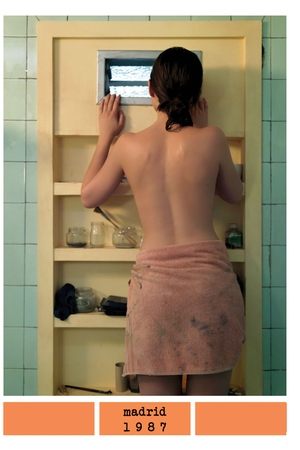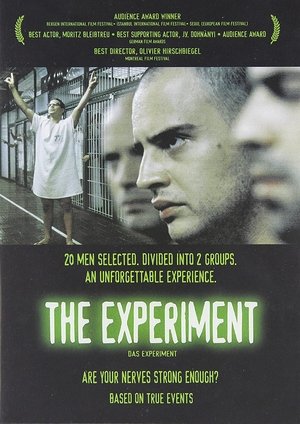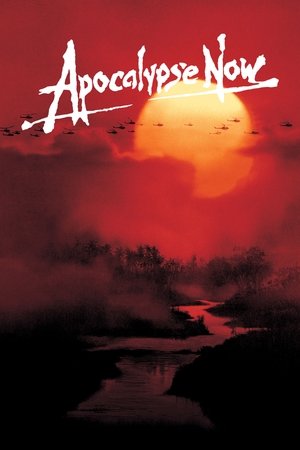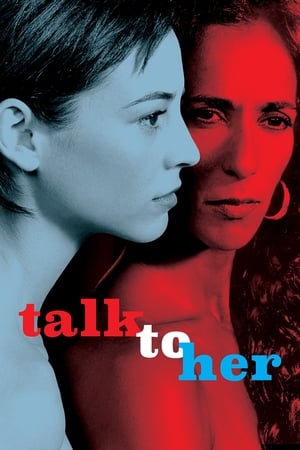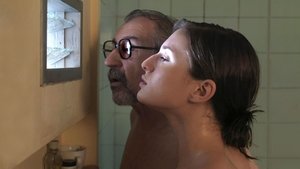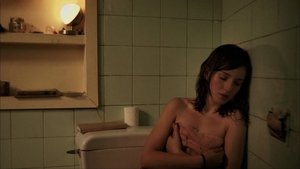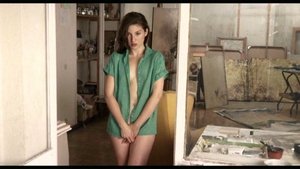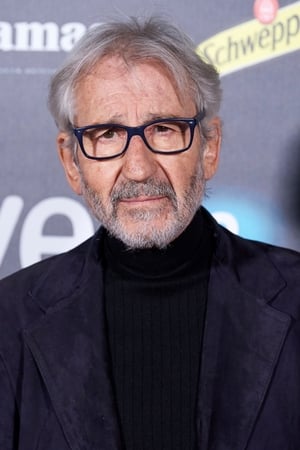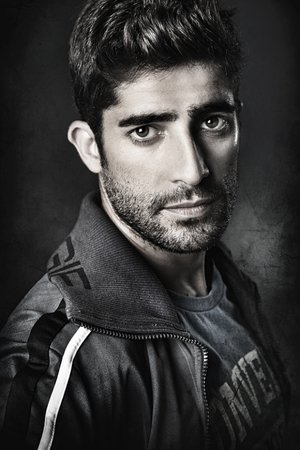-
tmdb28039023
Madrid, 1987 is not what you’d call a #metoo-friendly film, which in and of itself is a good reason, though not the only one, to watch it. Miguel (José Sacristán), an old (not to say elderly) columnist, hopes to trick a beautiful young college student named Ángela (María Valverde) into having sex with him. There's nothing romantic about this situation, but then writer/director David Trueba is by no means trying to romanticize it. Ángela wants to be a writer and has written an essay about Miguel, which he has agreed to read; however, he is more interested in sexual than textual matters and soon stops pretending to care in the least about her writing — or, for that matter, his own. In an inversion of Borges' “many things I have read and few I have lived”, Miguel tells Ángela that “before, when something important happened to me, I would rush to write about it; now, I would happily stop writing if only something happened to me.” In that spirit, Miguel convinces Ángela to go with him to the studio of his painter friend Luis — who is conveniently away “in the mountains” —, ostensibly to “get to know her better” (know her in the biblical sense, that is). Miguel's seduction, if you can call it that, of Ángela is anything but glamorous, the writer missing with every swing — he asks her to take off her clothes and Ángela does a half-assed striptease; he pseudo-erotically traces lines on her skin with paint and she gets in the shower to wash them off; he gets in the shower with her and she gets out, and so on and so forth. For a film in which the two leads eventually spend most of the time naked, Madrid, 1987 is counterintuitively and deliberately anti-erotic. They both get locked in the bathroom (Luis having forgotten to warn Miguel about the faulty lock) — by accident, mind you; this is not another of Miguel’s lame attempts, although he definitely sees it as a sign to redouble his efforts to get Ángela to grant him sexual favors, even if it’s out of pity. Miguel is mostly full of shit — eventually admitting that everything he has said to Ángela has been a euphemism for 'let's fuck' —, but for all of his sophistry, he manages to cast one or two pearls of wisdom; for example: “in cinema and in literature I like to see people working” (echoing Roger Ebert’s statement that “actual work is more interesting than most plots”). Now, of Miguel's actual work we catch but a glimpse, and yet he comes across as one of the most genuine fictional writers/journalists I've ever seen in film; the director was himself a freshman journalism student in the titular year, and the character feels like someone the young Trueba might have met back then (under very different circumstances, one should hope).
please Login to add review
